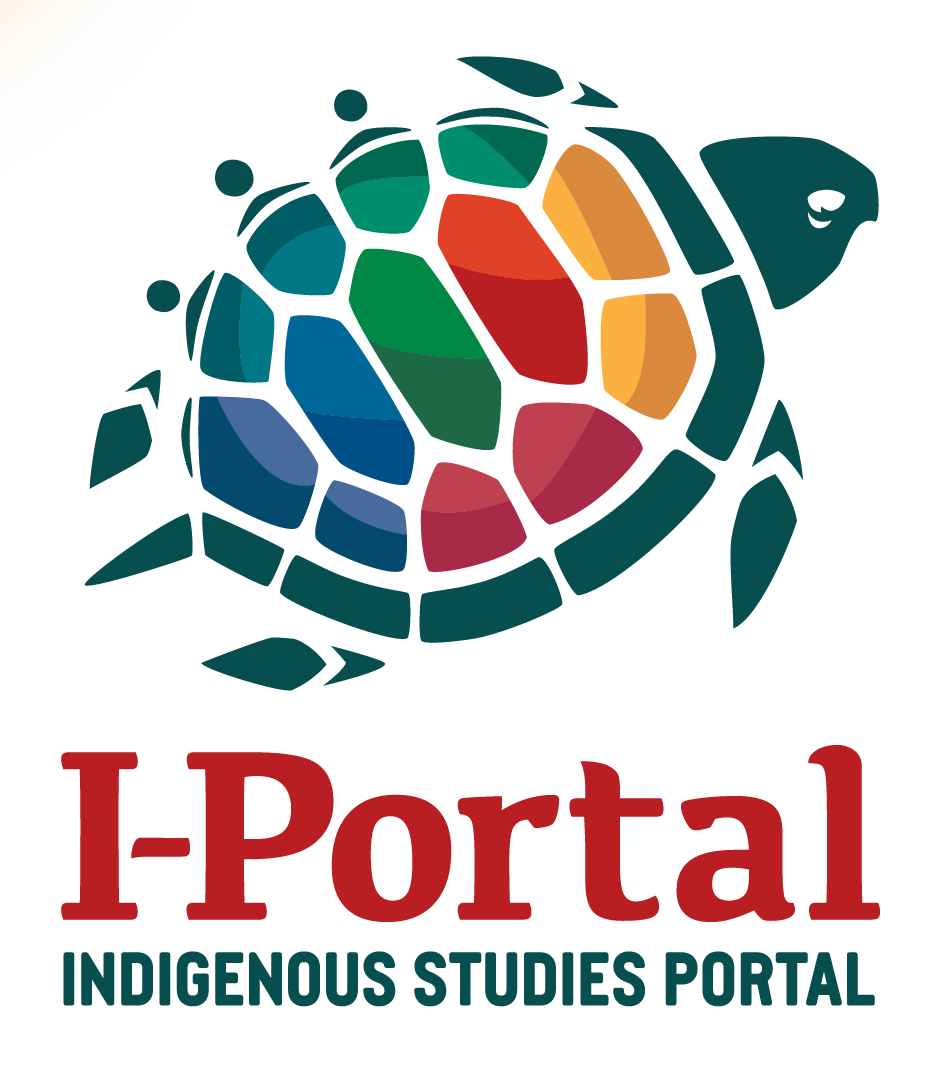Articles » Scholarly, peer reviewed
Studies in American Indian Literatures, vol. 6, no. 1, Series 2: Feminist and Post-Colonial Approaches, Spring, 1994, pp. 11-23
Description
Looks at an experimental section of a composition course with a reading list composed almost entirely of American Indian and Alaska Native authors. The article also discusses how the controversies about the readings were attributed to fundamentalist views, lack of experience in reading literature, sensitivity about ethnic issues, and feminism.
Entire issue on one PDF. To access article, scroll down to appropriate page.
